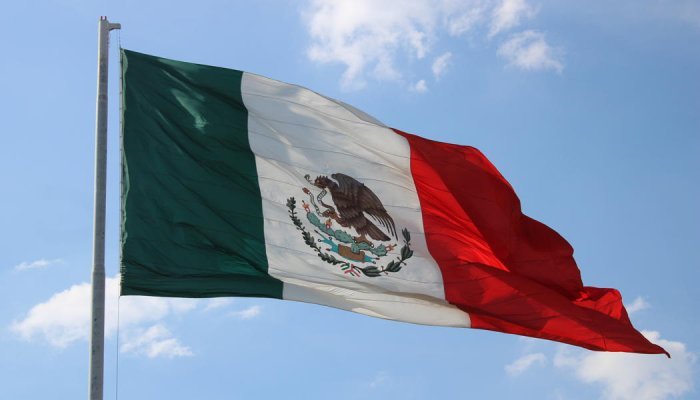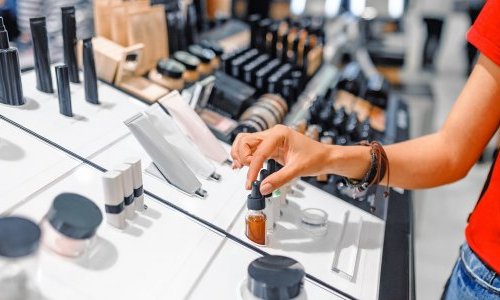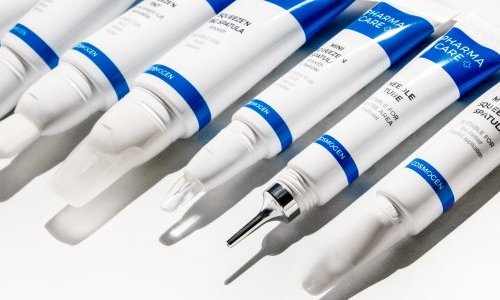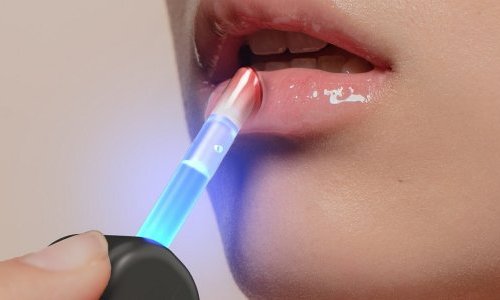In an unanimous vote (103 votes in favor), the senators approved the changes proposed by the Chamber of Deputies to the project aiming at prohibiting animal tests for cosmetic products. The bill is derived from an initiative presented, in April 2019, by Senator Ricardo Monreal Ávila.
As a consequence, the country’s General Health Law (Ley General de Salud) will prohibit manufacturing, importing or marketing cosmetic products that have been tested on animals or contains ingredients or combinations of ingredients that have been tested on animals.
The bill was supported by animal rights advocacy groups the Humane Society International Mexico and Te Protejo. “We are thrilled to see Mexico become the first country in North America to outlaw cosmetic animal testing, and commend our bill sponsor Senator Ricardo Monreal, and all congressmen and women for voting to end cosmetic animal testing in Mexico,” said the organizations in a statement.
Commenting on the vote, Senator Ricardo Monreal Ávila called it “historic”:
El @senadomexicano aprobó, por unanimidad, la iniciativa #BellezaSinCrueldad, cuyo objetivo es prohibir el uso de animales en experimentos de la industria cosmética, y fomentar el desarrollo de mecanismos alternativos. @_AnimalHeroes_ @HSI_Mexico pic.twitter.com/UytwD6godR
— Ricardo Monreal A. (@RicardoMonrealA) September 3, 2021
The bill was also supported by Lush, Unilever, P&G, L’Oréal, Avon and others in the beauty industry, who are working with HSI globally through the Animal-Free Safety Assessment (AFSA) toward policy alignment, and training measures to support smaller companies and government authorities in transitioning from animal testing to state-of-the-art non-animal methods, which are readily available.
With the addition of Mexico, animal testing for cosmetics is officially already banned in 41 countries, as well as 10 states in Brazil and seven in the United States. Three other U.S. states - New Jersey, Rhode Island and New York - are currently considering similar bills, and federal bills are pending reintroduction in both the U.S. and Canada.





























